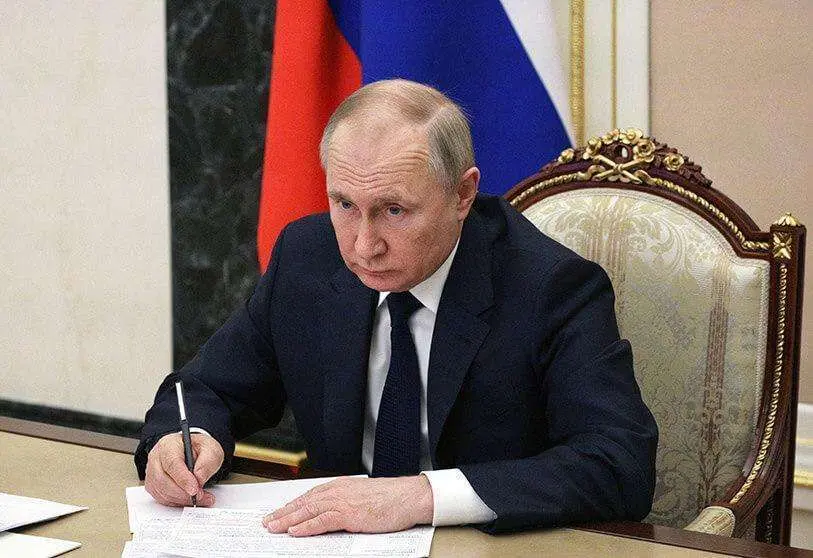Putin versus China

There will be no G20 statement on Ukraine. The meeting of the world's most developed countries in India will not issue a statement on Ukraine because Russian Foreign Minister Sergei Lavrov has refused. It was expected and perhaps we can point out that the fact that the meeting is taking place is already relevant. There will be no official declaration, but there will be meetings between the leaders of these countries that may produce some results. Multilateralism, food and energy security, and development cooperation are still on the agenda.
The meeting between the Russian minister and US Secretary of State Antony Blinken lasted very little time, but it took place, the first since the Russian invasion. Blinken focused on his own objectives for this meeting with his allies, while Lavrov and Chinese Foreign Minister Qin Gang met to discuss the peace plan presented by Beijing.
Russian President Vladimir Putin maintains some support from the Chinese government for his invasion of Ukraine. However, Beijing's presentation of a 12-point peace plan has created more than misgivings among the Kremlin's top leadership because the first point demands respect for the sovereignty of all countries. Specifically, the document states that "the sovereignty, independence and territorial integrity of all countries must be effectively defended". On the other points, the balance can be tipped to one side or the other depending on how one wants to interpret them. That is why NATO Secretary General Jens Stoltenberg said that the plan should stop at the first point. And that is the end of it. Of course, but not everything is so simple, not so black, not so white. But it is true that Putin has received a clear message from the other major world power, which until now has lent great support to Russian interests through its large purchases of oil and gas, which have allowed Moscow to finance a large part of the cost of the invasion. Paradoxically, European countries have also contributed to Russia's war budget with their oil and gas purchases. But nobody gives anything away. China and India buy the hydrocarbons that Putin offers them and that they need for their own economies at a very good price. The question is whether Chinese leader Xi Jinping is going to support Putin as he has done so far, or whether the message of the peace plan suggests that the conflict cannot continue for long because it is significantly damaging to Beijing's commercial interests and could have a negative impact on its economy and therefore its stability. If Chinese exports to Europe are further reduced by the crisis, the option of pushing for the best possible outcome is already on the table.
Putin accuses NATO countries of intervening in the war, of being forced to take their nuclear capabilities into account and of being complicit in alleged Ukrainian war crimes. In the communication strategy of all actors, the United States, as a relevant weapon between the contenders, denounces that China might sell weapons, drones, to Russia. In all the portfolios, the essential roles are being played with a view to what everyone considers essential but with its conditions: negotiations to bring a clear and lasting end to a conflict that has changed international relations on a political and diplomatic level, and that is conditioning economic, commercial, food and energy relations. The wear and tear is evident and dangerous for everyone.

